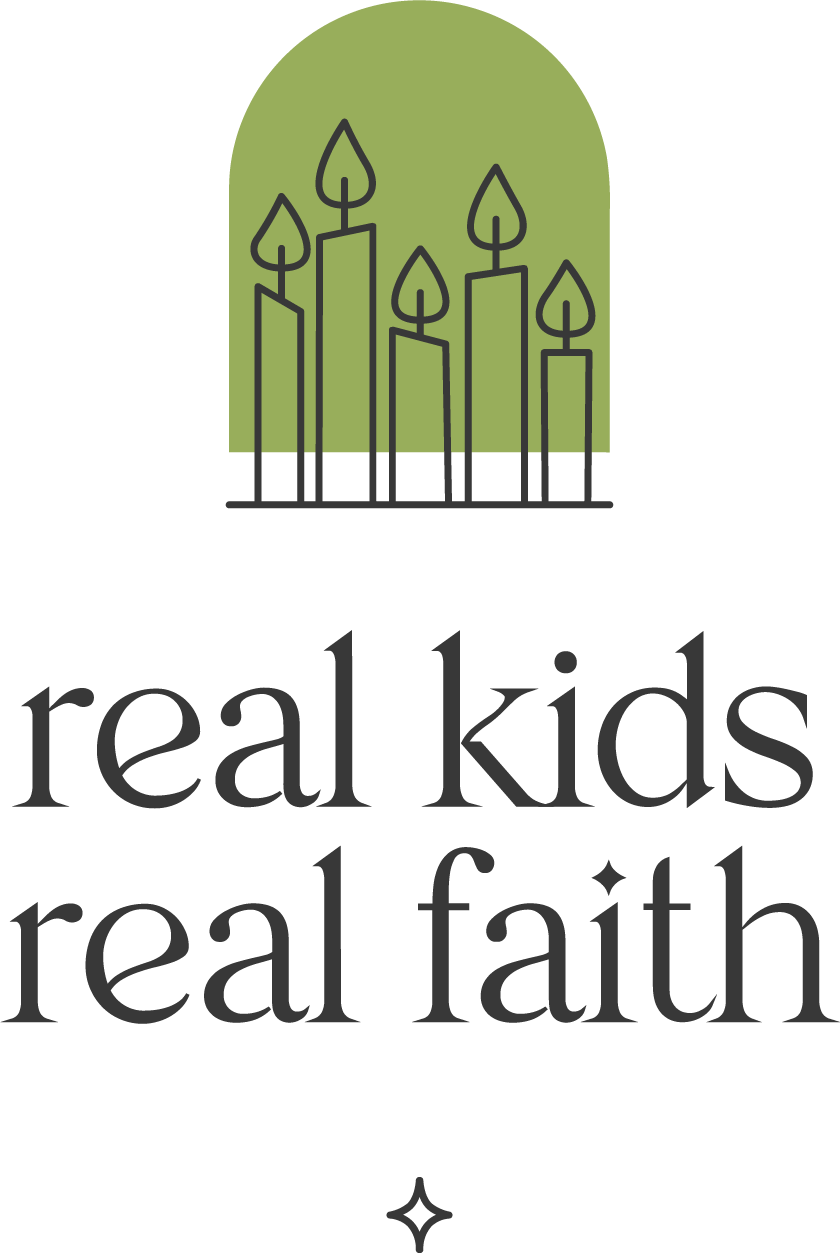Six years ago, I visited Istanbul with two of my children. We were there during Ramadan, which meant we observed families coming together night after night to break their fasts. As evening prayers concluded and daylight shifted into dusk, children and parents would eat, talk, and laugh together with neighbors on restaurant patios and in local squares. The sense of community was amazing.
Muslims worldwide begin observing Ramadan on the evening of March 22 this year (2023). For 30 days, millions will refrain from eating between sunrise and sunset as they remember and celebrate the first revelation of the Qur’an to the Prophet Muhammed. It is a time to reflect and renew one’s commitments to key values and practices of faith, including the love of sacred teachings, care for others, and support for those in need.
Whether Ramadan is part of your faith tradition or something you are introducing to children so they can learn about religious diversity, try out one or more of these activities during this holy Muslim season.
Good greetings. During the observance of Ramadan, people greet one another with Ramadan Mubarak (ram-AH-dan mu-BA-rack), which means “blessed Ramadan”. These words suggest that receiving a blessing, rather than feeling happy, is the focus of observance. Invite children to explore the meaning of ‘blessing”. Ask: When have you felt protected? When have you received care from others? How could you bless (care for, protect) others?
Reading and meditating. Paying close attention to spiritual teachings is a major focus of Ramadan. Children and adults spend time listening to stories and reflecting on their meaning. Share a Ramadan story or a selection from a sacred text with children (see Related Resources). Read it through once, and then invite children to close their eyes and imagine themselves as a character in the story or text as you read it a second time. Ask: How did it feel to be part of the story? What new things did you notice in the story as you heard it again?
Sawm (fasting). One of the pillars of Islamic faith is fasting, or going without food and water for periods of time. Many religious traditions believe that fasting helps people draw closer to the divine, encourages self-discipline, and have empathy for those who are poor. Although children aren’t required to participate, some families include opportunities for limited fasting experiences. Encourage older children to pick a short period each day (4-6 hours) when they will forgo a snack and instead spend that time thinking about the difference between having enough to eat and going hungry. Create a digital or physical message board where they can share their reflections.
Zakat (giving). Another pillar of Islam is sharing resources with those who are poor. During Ramadan, families make a special effort to support charities that provide healthy food, clean drinking water, and housing for people in need. Invite children to research local charities that address hunger and homelessness. Pick one and use the month of Ramadan to organize a food drive, demonstration, or other activity in support of that organization’s work.

Comments